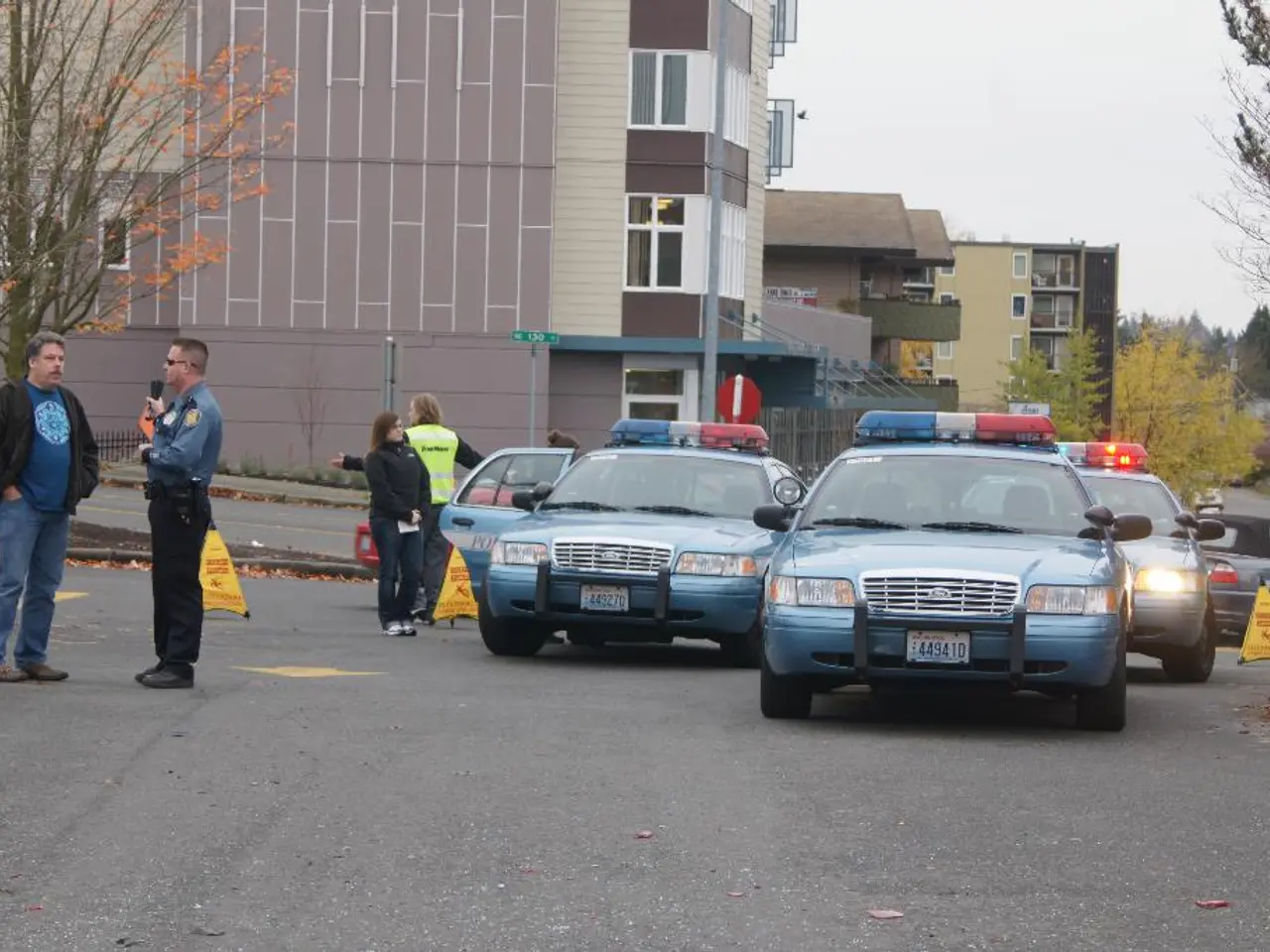Preventing Senior Citizens from Hurricane Ian's Wrath and Future Disasters
In the aftermath of Hurricane Ian, a growing concern for the welfare of older Americans has emerged. The storm, which has already claimed over 100 lives, has left about half a million people in the dark across Florida, Cuba, and Puerto Rico.
For many elderly individuals, access to electricity is a lifeline. Blackouts mean no air conditioning, no refrigeration for medicine, and no oxygen machines. Yaritza Perez, for instance, is worried for her mother, who has had to move from an assisted living facility due to concern about toxic pollution.
Older people have been driving the population growth in Florida and represent one of the highest percentages of people who are 65 or older. As more people live into their 80s, 90s, and over 100, the need for opportunities and support to age well becomes increasingly important. However, many older people face disproportionate levels of poverty, with roughly one in every three adults 65 or older facing income insecurity in the U.S.
The primary officials responsible for the safety and protection of elderly people during hurricanes in Florida are state and local emergency management agencies, including the Florida Division of Emergency Management and local county emergency management offices. They implement evacuation plans, provide shelter information, and coordinate care services specifically for vulnerable populations such as seniors. These measures include setting up special needs shelters, ensuring transportation assistance for those with mobility challenges, and disseminating targeted communication to inform and prepare elderly residents for hurricanes.
Unfortunately, older people may still face increased risks during hurricanes. Over 70% of deaths from Hurricane Katrina in 2005 were 60 or older, and over half of deaths from Hurricane Sandy in 2012 were 65 or older. Older people may struggle to survive in the coming days and weeks if they lose power or access to medicine, clean water, and food during hurricanes.
In some cases, the risks extend beyond the storm itself. In Florida, 14 nursing home patients died due to heat exposure after Hurricane Irma knocked the power out in 2017. Mei Azaad is concerned about the threats posed to older people who are incarcerated, particularly in Florida, where they make up about 28% of the state's incarcerated population.
The protection of our elders is growing urgent as the U.S. faces an increase in climate change-fueled events. Deborah Carr stated that society undervalues older adults, leading to their abandonment and exploitation. Rev. Dr. Jose Rodriguez has witnessed a similar outpour of support from elders who refuse to accept help for themselves.
Organisations like Fight Toxic Prisons are advocating for the mass release of older and disabled people who shouldn't be incarcerated in the first place. Rodriguez is also concerned about the long-term mental health impacts and trauma his community will experience from climate change.
In the Dunbar community of Tice, neighbours have been helping each other, with no person left behind. This solidarity is a testament to the resilience and care that can be found in communities when faced with adversity. As we continue to navigate the challenges posed by climate change, it is crucial that we prioritise the protection and well-being of our older population.








